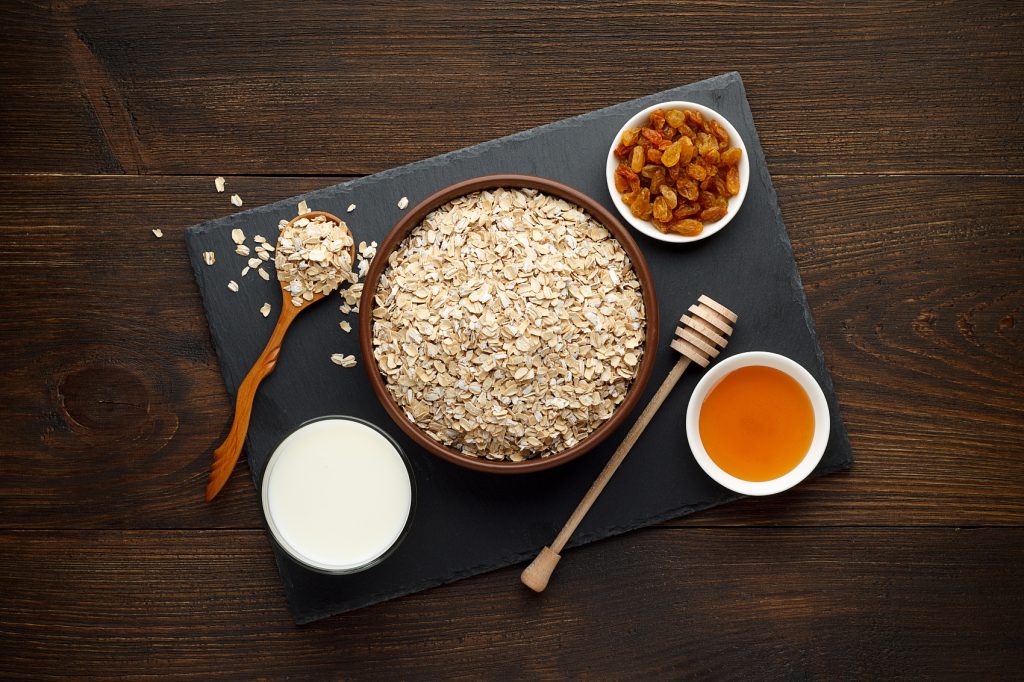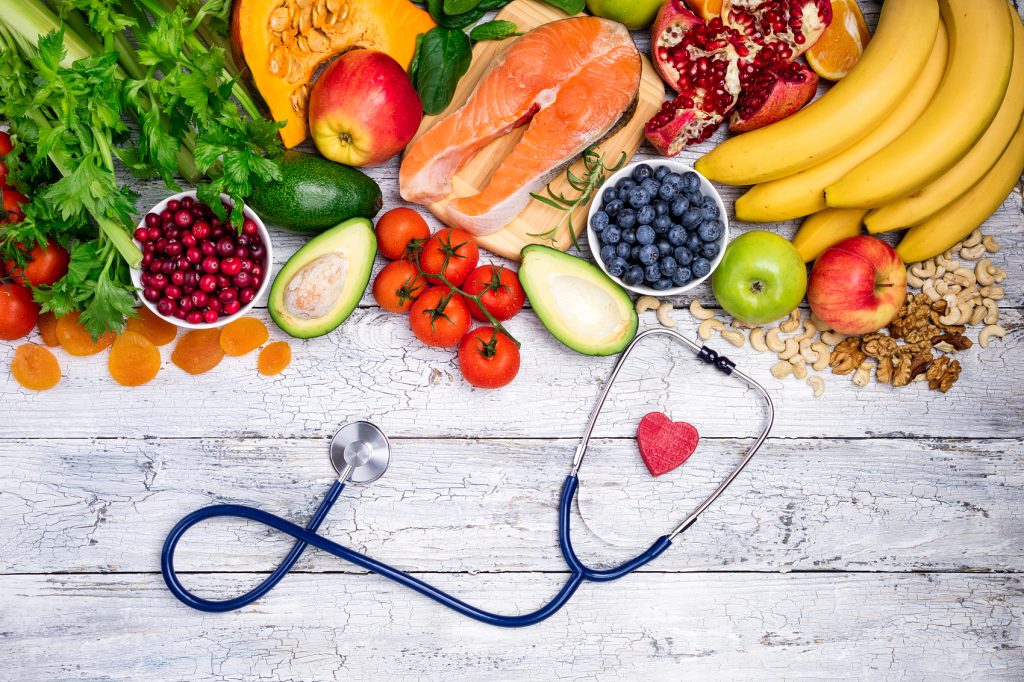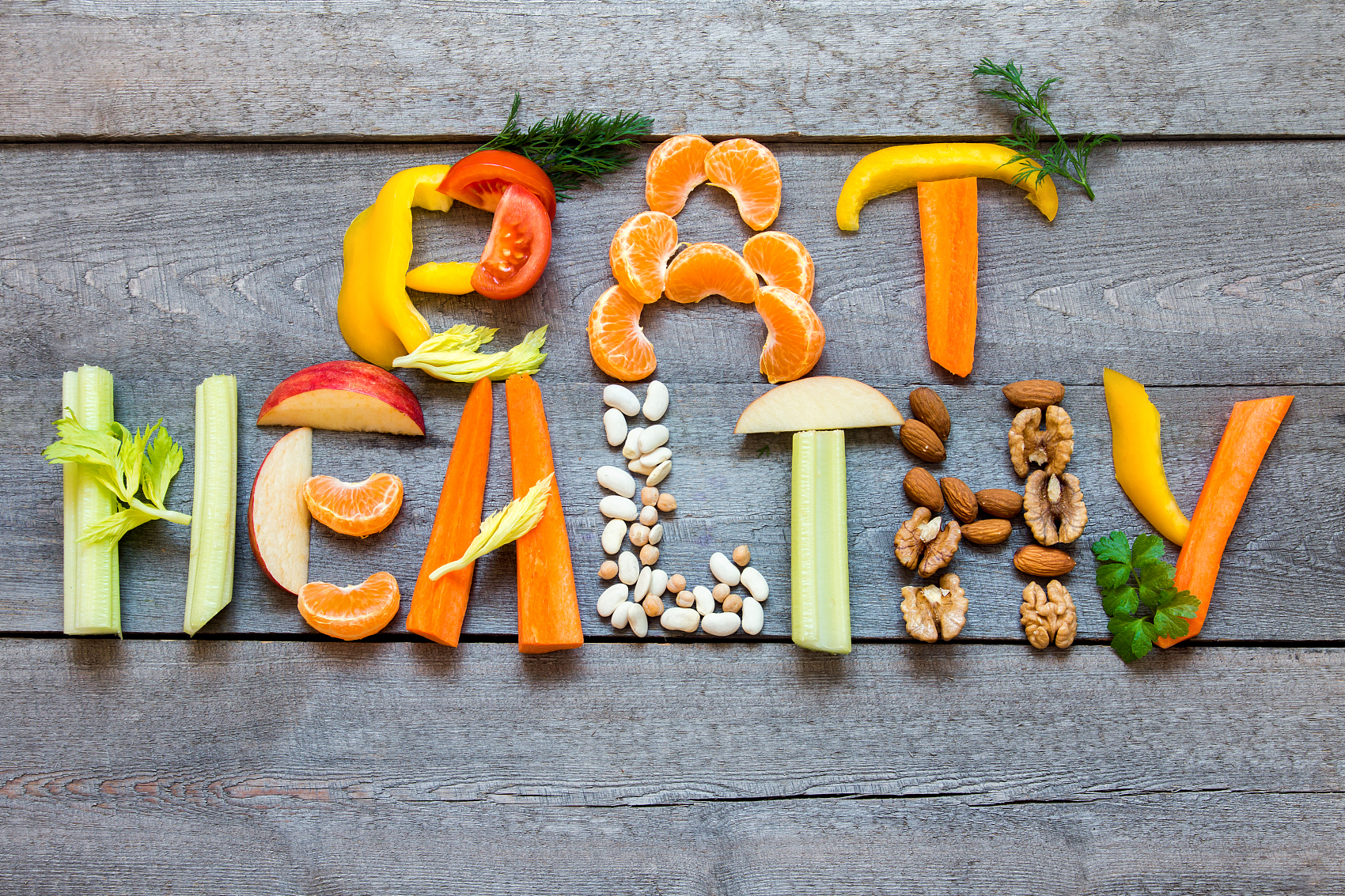Feeling sluggish and not sure how to boost your health? Deciding what to eat can be tricky with all the mixed messages out there about dieting. Let’s simplify it! Here’s how you can make better food choices without feeling restricted.
Start with a Clean Eating List
First up, focus on whole, unprocessed foods. This means loading up on fresh fruits, vegetables, lean meats like fish and poultry, whole grains, and nuts. Steer clear of heavily processed items and those sneaky added sugars and bad fats. You can find plenty of online resources to help guide you in making your own clean eating list. Once you prioritize these nutrient-rich foods, your body will definitely feel the difference.

Choose Whole Foods
Whole foods are your best bet—they’re minimally processed and packed with essential nutrients. Aim to shop the outer aisles of the grocery store where these items are usually found, avoiding the central aisles that tend to house processed foods. This small change can make a big difference in your diet quality.
Be Smart About Labels
When you do buy packaged foods, read those labels closely. Ingredients should be recognizable and few in number. And don’t be fooled by “organic” or “gluten-free” labels—they don’t always mean healthier. Watch out for hidden sugars, fats, and sodium.
Incorporate Lean Proteins
Lean proteins like chicken, fish, legumes, and eggs are great for muscle repair and help keep you full. Opt for healthier cooking methods like grilling or baking to preserve their nutritional value. Mixing up your protein sources can keep meals exciting and nutritious.
Don’t Forget to Hydrate
Drinking plenty of water is key for digestion, regulating body temperature, and even managing weight. Try to drink water throughout the day and include other hydrating foods like fruits and veggies in your meals.
Limit Processed Foods
Processed foods are often high in unhealthy additives and low in nutrients. Cutting back on these and making your own meals can help you avoid health pitfalls like weight gain and heart disease.
Try Plant-Based Meals
You don’t have to go fully vegan to enjoy the benefits of plant-based foods. Adding more fruits, veggies, grains, and legumes to your diet can improve heart health and boost your energy. Plant-based dishes can be just as satisfying as meat-based ones—give a tofu stir-fry or lentil soup a try!
Plan Your Meals
Planning helps you avoid the temptation of fast food and ensures you stick to your healthy eating goals. Spend some time each week planning your meals and shopping accordingly. Meal prepping can also save you time and help you keep on track during busy days.

Watch Your Portions
Even healthy foods can contribute to weight gain if you eat too much. A good rule is to fill half your plate with veggies, one-quarter with protein, and one-quarter with grains or starchy veggies. Listen to your body and don’t feel pressured to clean your plate if you’re full.
Eating well doesn’t mean you have to give up all the foods you love. It’s about feeling energetic and keeping your mood stable. Start making these small tweaks to your diet, and you’ll enjoy lasting benefits to your health and wellbeing. Why wait? Start today, and your future self will surely thank you!








